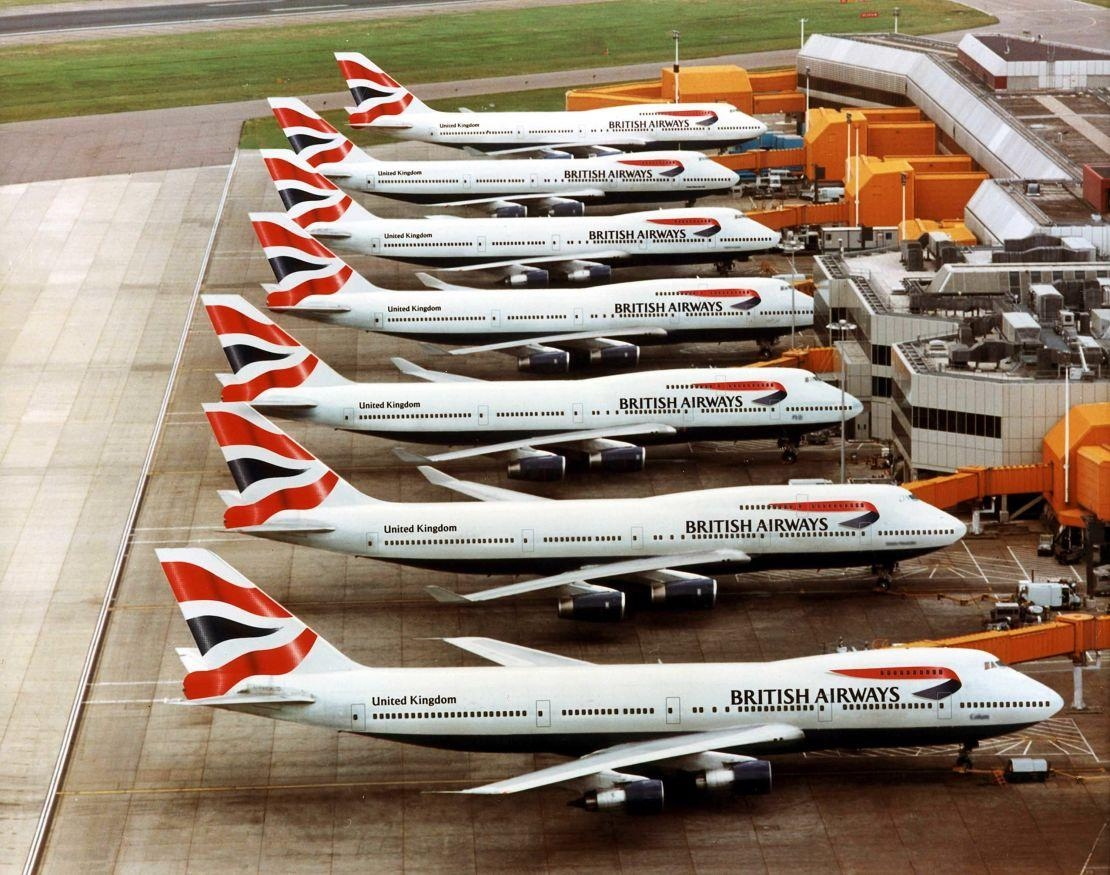AeroGenie — Votre copilote intelligent.
Tendances
Categories
British Airways to Retire This Aircraft Sooner Than Expected

British Airways to Accelerate Retirement of Key Aircraft
British Airways, one of the world’s leading international carriers, operates a diverse fleet exceeding 250 mainline aircraft, connecting passengers across six continents. The airline’s long-haul network has traditionally relied on a combination of Boeing and Airbus widebody jets, with the Boeing 777-300ER playing a pivotal role due to its operational flexibility and cost efficiency relative to larger aircraft such as the Airbus A380.
Early Retirement and Operational Implications
The airline is now preparing to retire one of its aircraft types earlier than initially planned, a decision that could have far-reaching operational and market consequences. Although British Airways has not officially disclosed which model will be phased out ahead of schedule, this move will necessitate adjustments in route planning and the redeployment of alternative aircraft to sustain service levels. Such a transition is likely to introduce increased operational costs and logistical complexities as the airline strives to minimize disruption for its passengers.
This accelerated retirement also raises concerns regarding flight availability and fare structures. Passengers may face reduced options on certain routes, while competitors could capitalize on any service gaps to attract displaced customers. The airline’s capacity to maintain its extensive global network without compromising frequency or quality will be closely scrutinized by industry experts and travelers alike.
Fleet Composition and Future Investments
British Airways’ current fleet comprises a range of short-haul aircraft, including Airbus A319, A320, A320neo, and A321neo models, alongside long-haul jets such as the Airbus A380-800, Airbus A350-1000, Boeing 777-200ER, Boeing 777-300ER, and several Boeing 787 variants. Notably, the airline is poised to become the launch customer for the Boeing 777-9, the world’s largest widebody twin-engine aircraft, underscoring its commitment to ongoing fleet modernization.
In addition to passenger services, British Airways maintains a significant cargo operation through its parent company, International Airlines Group (IAG). This business utilizes both contracted Boeing 777F freighters and the belly cargo capacity of passenger aircraft, supporting global trade alongside its passenger network.
Sustainability Considerations Amid Fleet Changes
The decision to accelerate the retirement of a key aircraft type also intersects with British Airways’ sustainability objectives. The airline has publicly committed to carbon capture initiatives, including partnerships with firms such as Climeworks. Changes in fleet composition and operational patterns could influence progress toward these environmental goals, presenting a complex challenge in balancing operational efficiency with sustainability commitments.
As British Airways undertakes this fleet transition, the aviation industry will be closely monitoring how the airline manages the interplay between maintaining service quality, controlling costs, and advancing its environmental agenda, all while remaining competitive in a rapidly evolving market landscape.

Factors Positioning Airbus for Leadership in 2026

Emirates Unveils Cabin Design for New Boeing 777X

Eighteen Years On, the Airbus A380 Remains Central to a $34 Billion Airline

How a boom in luxury airline seats is slowing down jet deliveries

Navitaire Outage Attributed to Planned Maintenance

Airbus Plans Record Delivery of 870 Aircraft in 2026

DigiYatra Debuts Outside Aviation at India AI Impact Summit

Vietnam Orders Strengthen Boeing’s Commercial Outlook

Airbus Signals Uncertainty Over Future A400M Orders

JobsOhio Awards $2 Million Grant to Hartzell Propeller for Innovation Center
